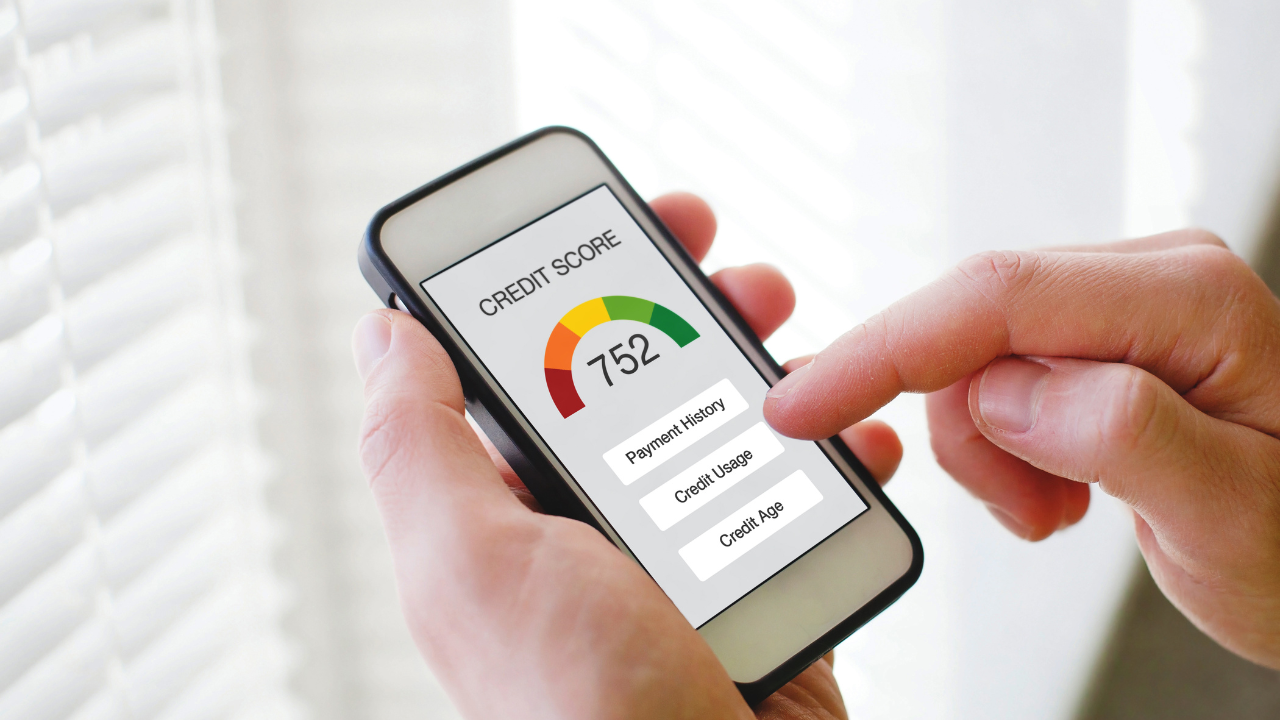How to Build Credit While Renting: 5 Simple Steps That Pay Off Big
Marilyn Archer • July 30, 2025
Why Credit Matters for Renters

As a renter, you may not think much about your credit score—after all, you’re not applying for a mortgage yet. But your credit affects far more than just homeownership. Landlords use it to approve rental applications, utility companies check it before setting deposits, and eventually, it determines what interest rate you’ll pay when you’re ready to buy a home.
The good news? You can build credit while renting—without taking on unnecessary debt. Here are five simple strategies to strengthen your credit score while you rent.
✅Step 1: Report Rent Payments to the Credit Bureaus
Traditionally, rent payments don’t appear on your credit report. But now, some services let you change that.
- Ask your landlord if they report rent to the credit bureaus.
- Consistently paying rent on time can build a positive history just like a mortgage does.
💡Pro Tip: Make sure the service reports to all three credit bureaus (Equifax, Experian, and TransUnion) for maximum impact.
✅Step 2: Use a Credit Card Responsibly
- Pay for everyday expenses with a credit card—but pay the balance in full each month.
- Keep your utilization rate (how much of your available credit you use) under 30%.
- Avoid opening multiple new accounts at once, which can lower your score temporarily.
Mindset Shift: Credit cards aren’t “extra money”—they’re a tool to prove financial responsibility.
✅Step 3: Keep Old Accounts Open
The length of your credit history makes up about 15% of your credit score.
- Keep your oldest accounts active, even if you rarely use them.
- Charge a small recurring bill (like Netflix) and set it to autopay.
💡Pro Tip: Closing old accounts can shorten your credit history and lower your score.
⚠️Step 4: Avoid Unnecessary Hard Inquiries
Every time you apply for new credit (loans, credit cards, financing), a “hard inquiry” appears on your report.
- Too many hard inquiries within a short time can lower your score.
- Shop around for credit only when necessary (and within a short window for things like car loans, where inquiries are often grouped together).
✅Step 5: Monitor Your Credit Regularly
Knowledge is power when it comes to your credit.
- Use free tools like Credit Karma or AnnualCreditReport.com to check your report.
- Look for errors—like accounts you didn’t open or payments misreported—and dispute them right away.
💡Pro Tip:
Monitoring helps you catch fraud and ensures your score reflects your real history.
💡Recap
Building credit while renting isn’t just about qualifying for your next apartment—it’s about preparing for your financial future. By following these steps, you’ll create a strong credit profile that makes landlords trust you now and sets you up for better mortgage rates later.
Remember: A strong credit score today is the key to unlocking homeownership tomorrow.



